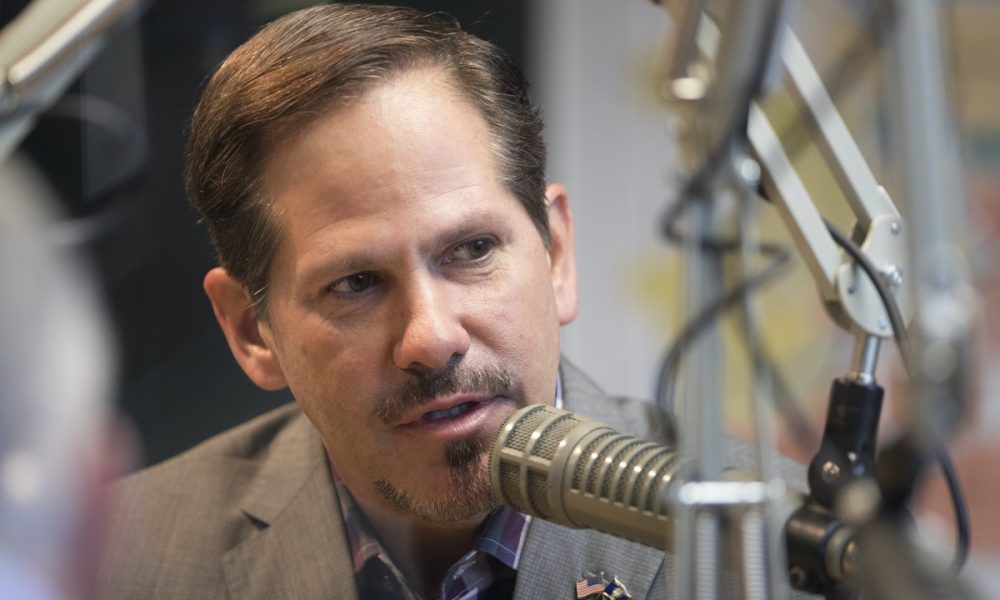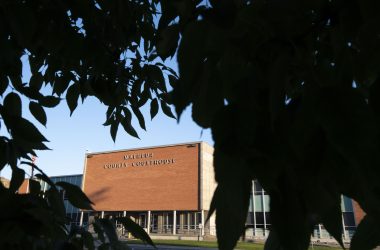
We doubt anyone in Malheur County is surprised that local election results don’t mirror the state totals. Voters here by a big margin backed Republican Knute Buehler in his failed bid for governor. On four of five ballot measures, Malheur County voters chose differently than the state as a whole. What now?
The frustration over the so-called rural-urban divide is understandable. On the face of it, vast swaths of Oregon vote differently than urban centers. But elections aren’t won by who controls the most geography. They are won by a majority vote. Otherwise, Rome or Brogan would have a pretty big voice in what happens across Malheur County.
Grinding our teeth about the results won’t do anything more than give us a headache. Now, it’s time for pragmatism.
One reality is that key elected officials serving Malheur County will have diminished political power going forward. Congressman Greg Walden has made potent use of the gavel as chair of the House Energy and Commerce Committee. At the first of the year, he turns in that gavel and a lot of staff.
In Salem, state Sen. Cliff Bentz and state Rep. Lynn Findley will serve in reduced Republican caucuses. Democrats now hold a supermajority in both the state Senate and the House, meaning they technically don’t need a single Republican vote to move an agenda.
In Washington, Walden has the benefit of having a benefactor in the White House to perhaps blunt the dulling of his power. Bentz and Findley, though, will need to be practical in how they advance the interests of Malheur County at the state level. As Bentz showed in his effective service in the House, a rural Republican can get work done – with a willingness to cross the aisle.
Both legislators need latitude from the community to do just that. If local issues are going to be addressed, they are going to need support from Democrats. Bentz and Findley can also serve as sentries, holding Gov. Kate Brown to her campaign promises to continue serving help to rural Oregonians. They can spotlight when her actions contravene her promises, perhaps helping nudge her along.
And Malheur County has strong reason to find a working relationship in the statehouse. The Eastern Oregon Border Economic Development Board will be advancing ideas for how to carve out special exemptions for the area, particularly on land use regulations. The state board, stocked with local people, has to navigate tricky political waters to move any idea from “proposed” to “done.” Those ideas have to be well grounded and not overreach – and they will need support from urban Democrats.
The people in Malheur County can continue to be the loyal opposition to the urban themes that seem at odds with rural mores. Meantime, the community should remain determined to back the best of the circumstances to win support for specific local steps that will help our communities, our students, and our labor force. – LZ




